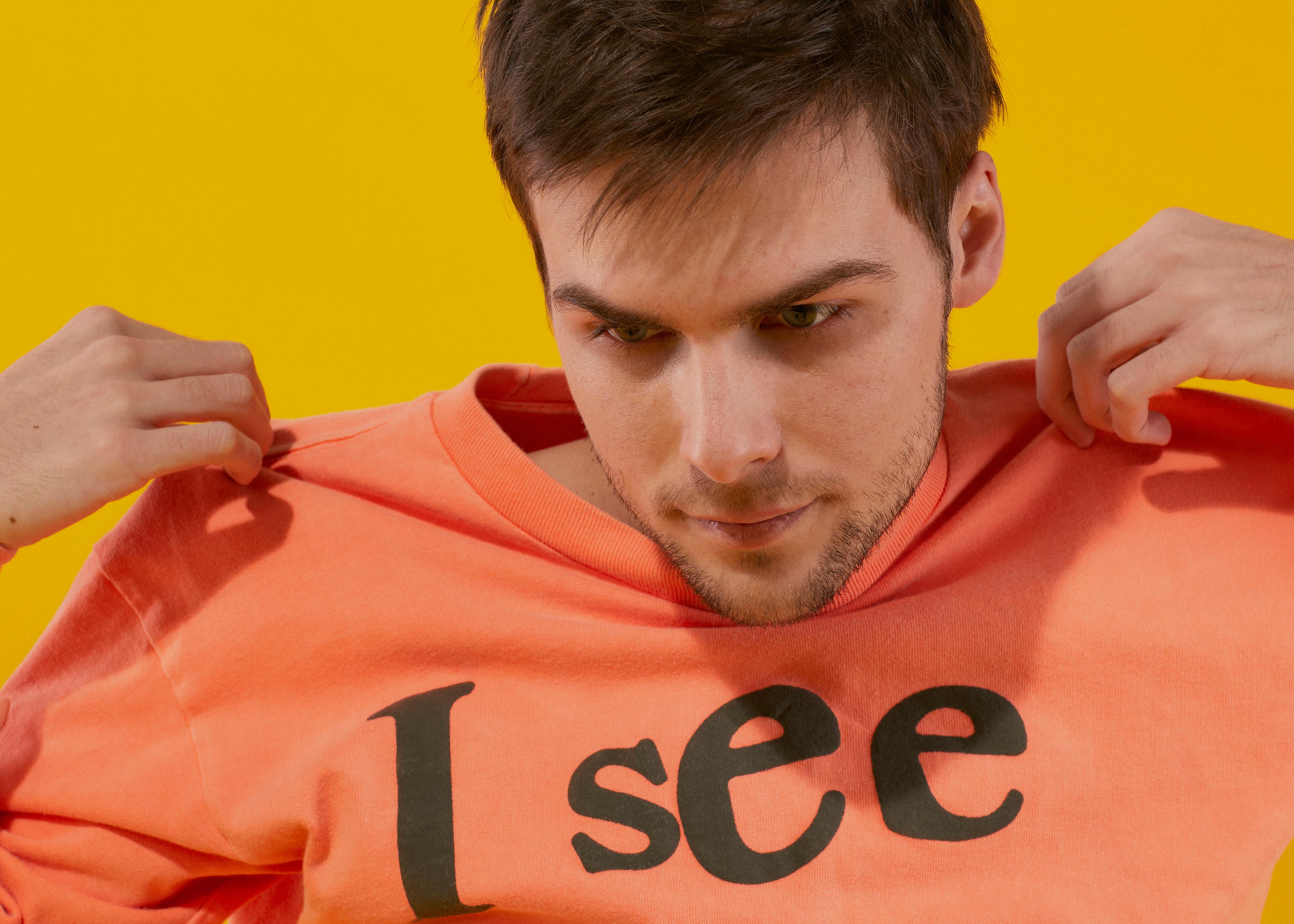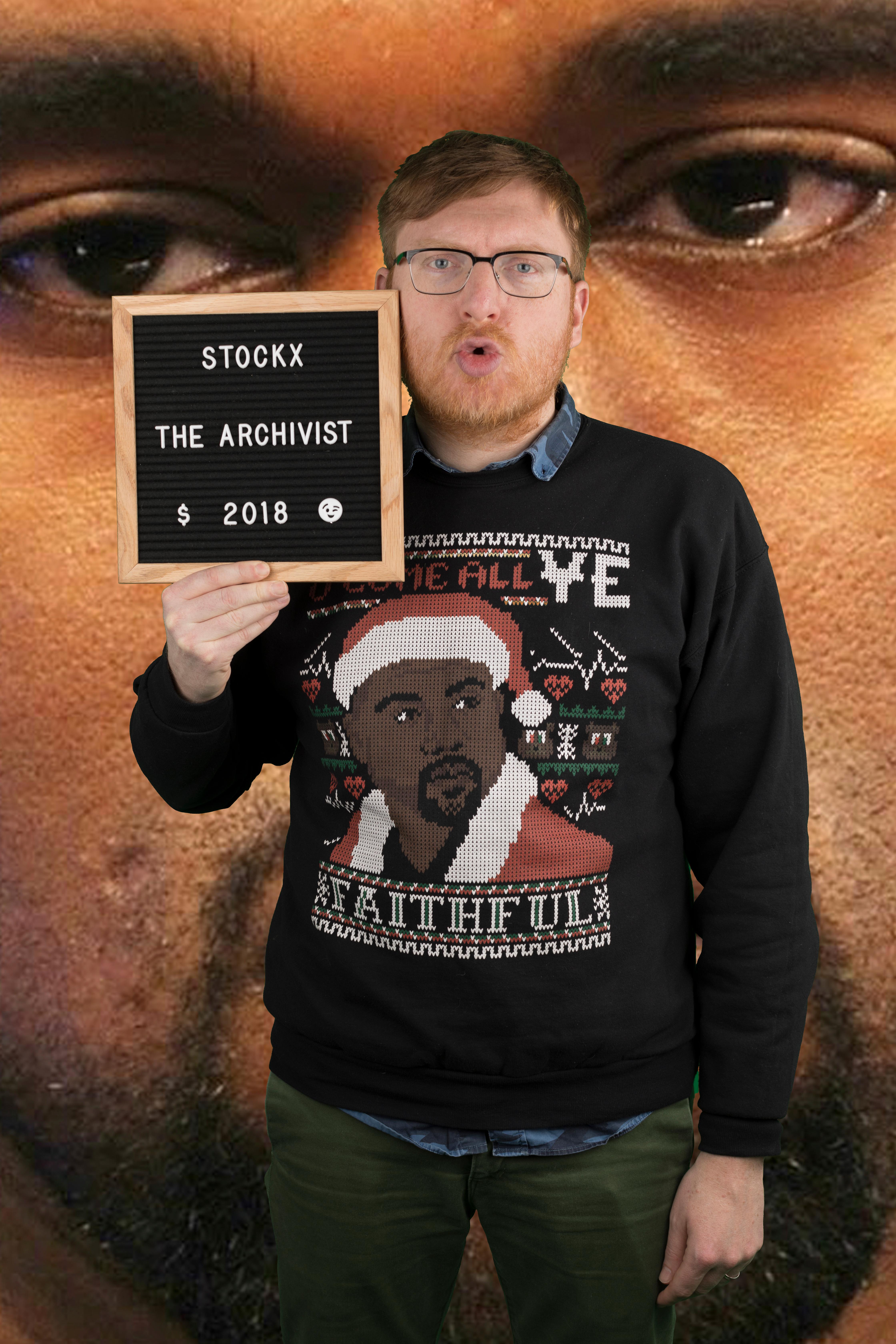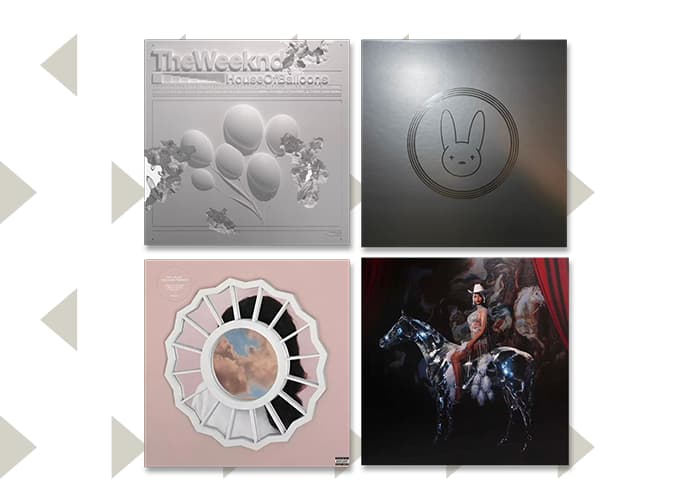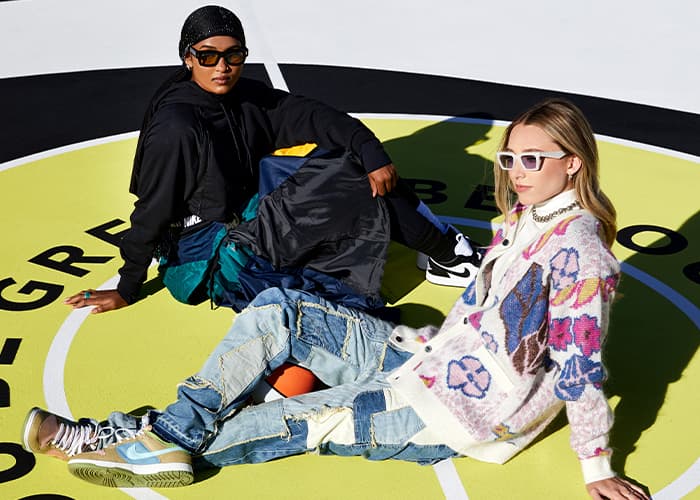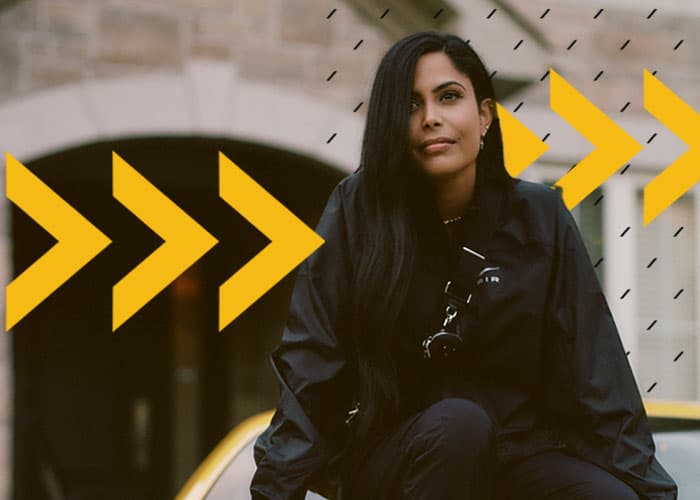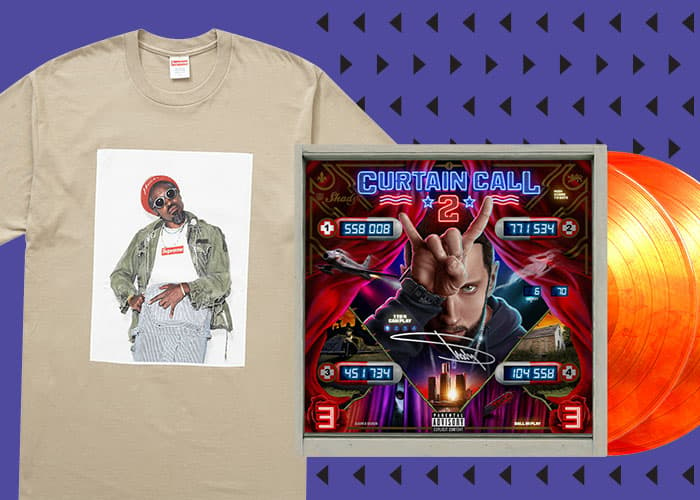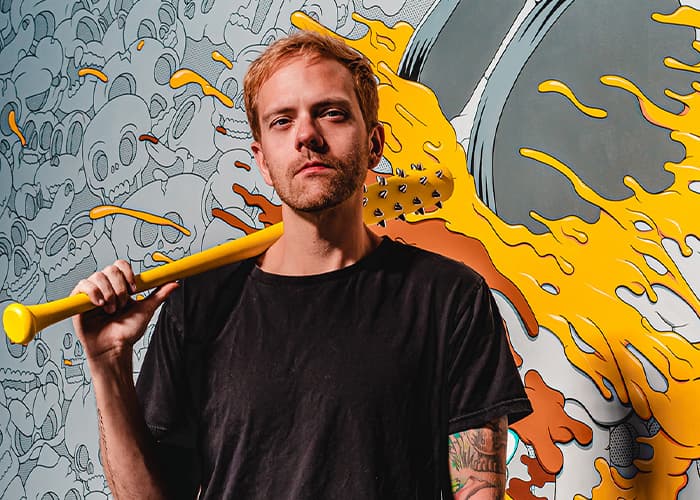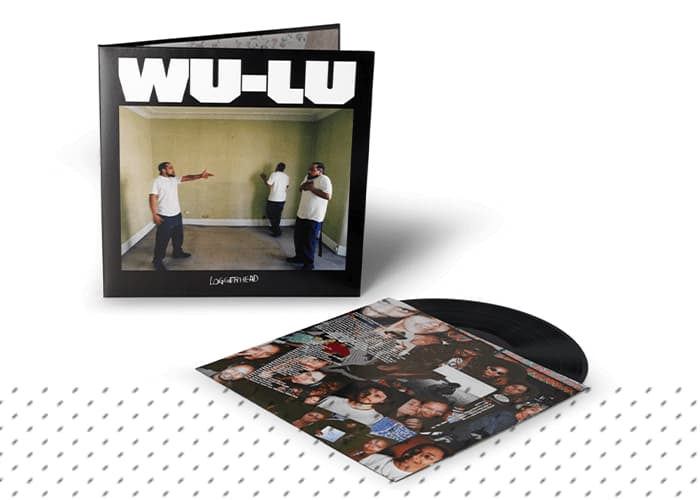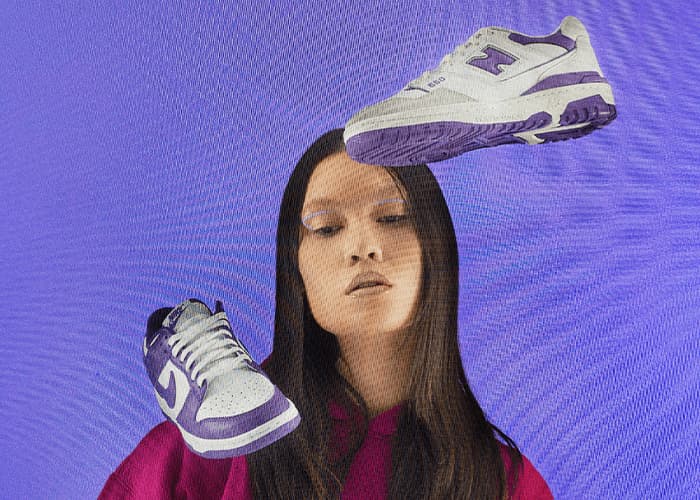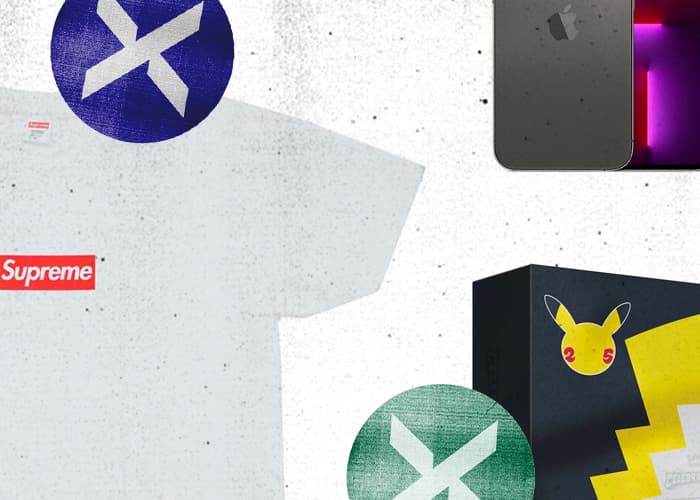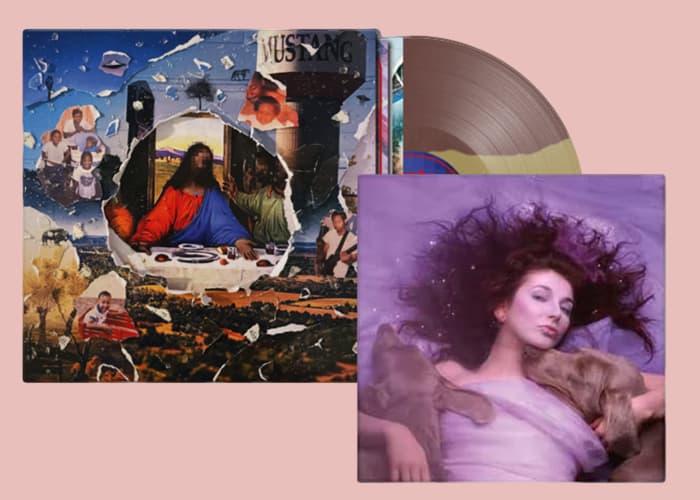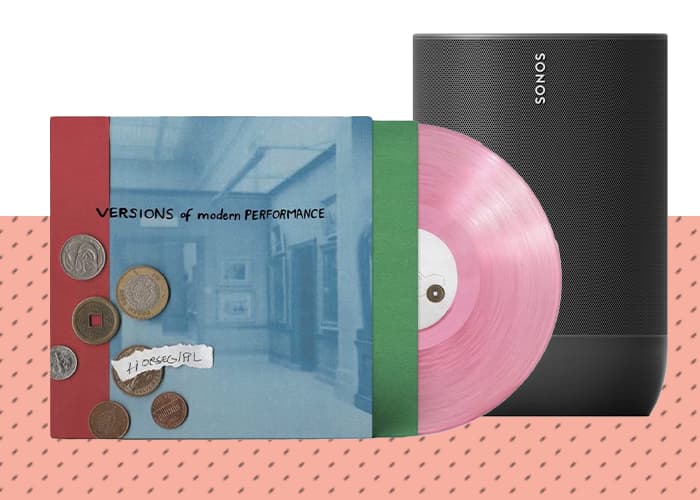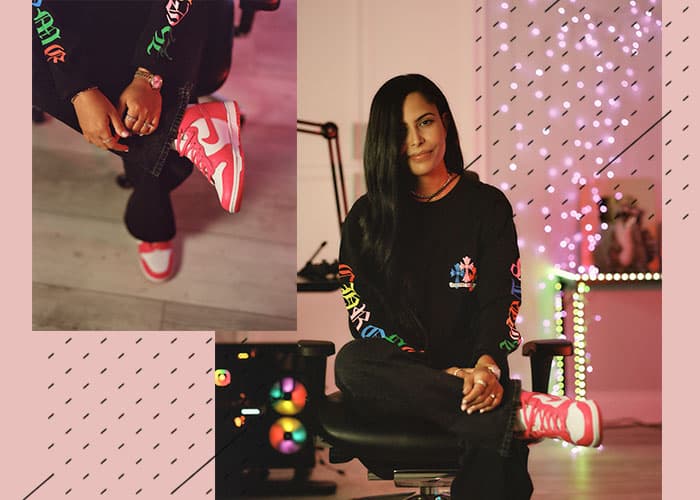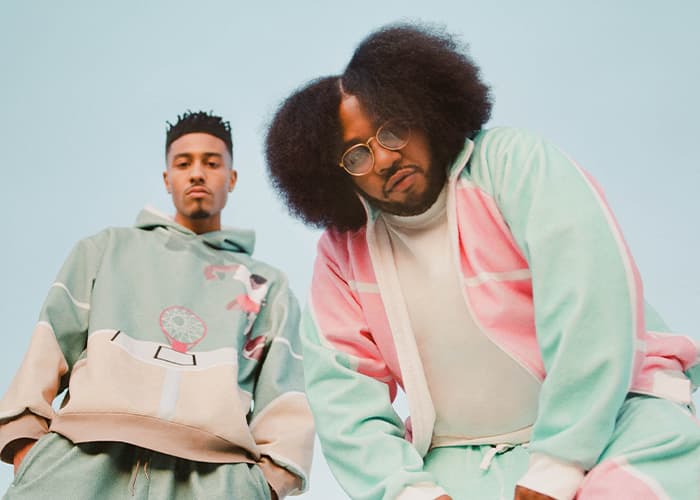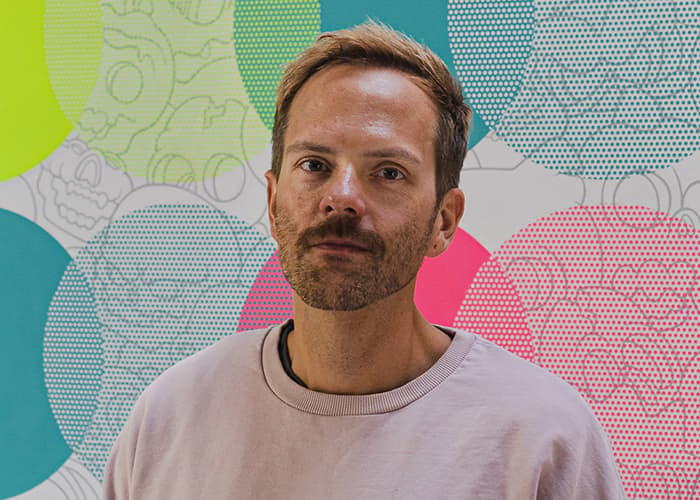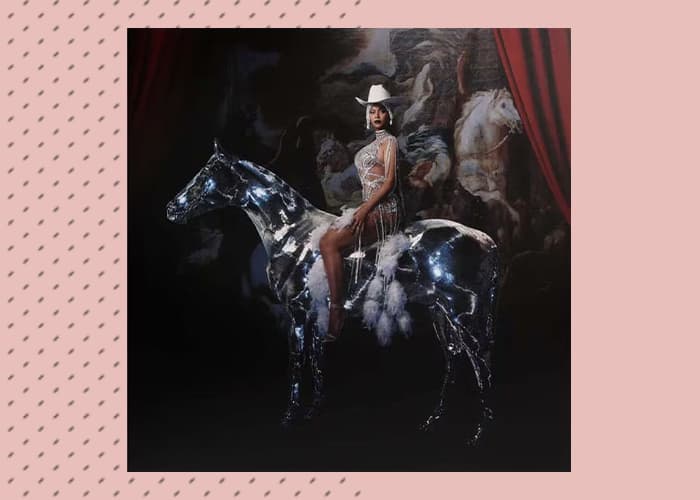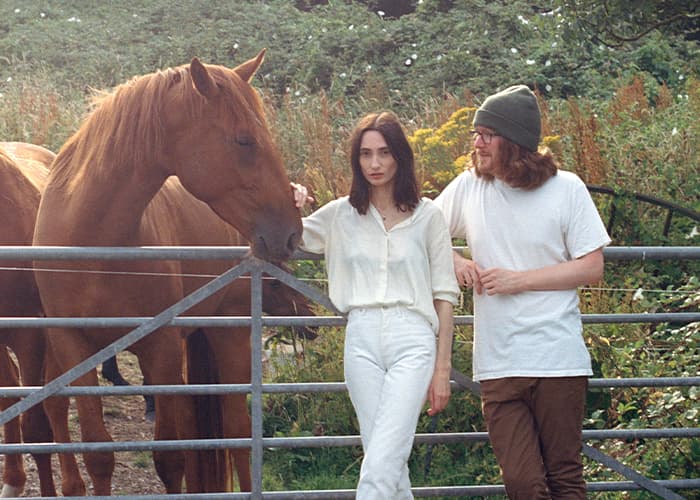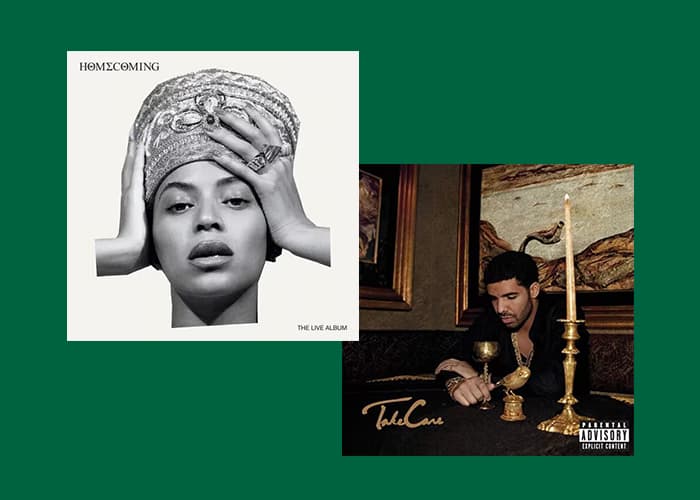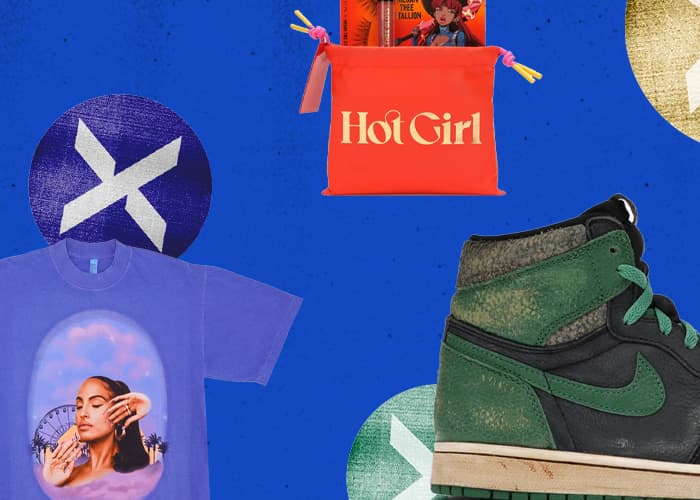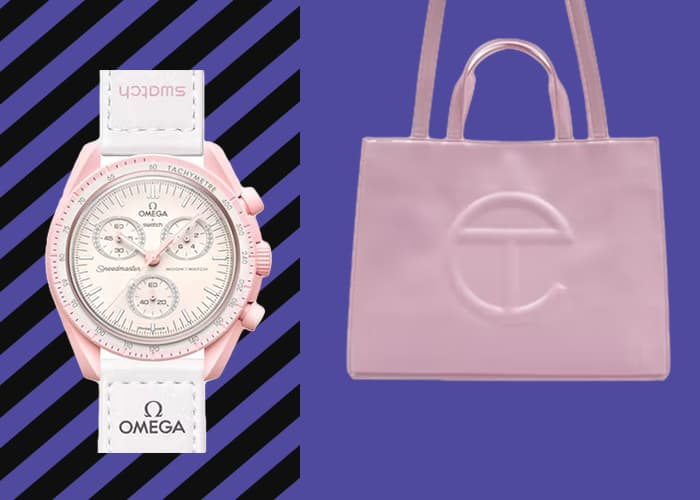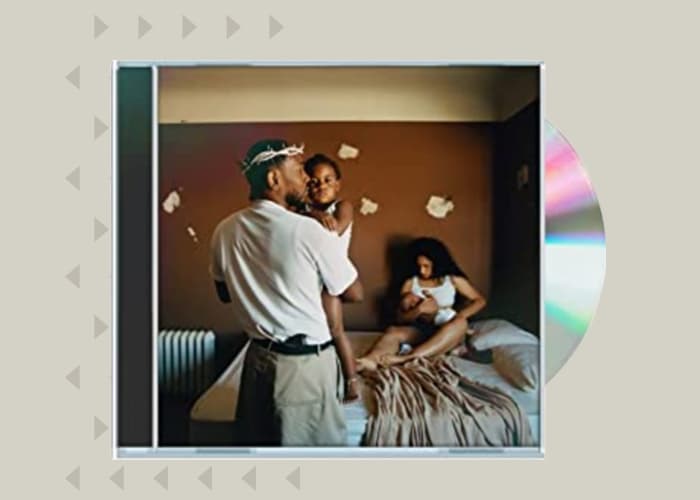Detroit-based artist Zach Thompson seeks to inspire others to be self-sufficient in their self-expression and create for themselves. His work borrows from expressionism, surrealist automatism, and humanism, most often exploring the individual and individualism. The soft-spoken artist recently sat down with StockX for an absorbing and introspective rumination on his origins, his influences, and the constant state of change that characterizes how he creates. From Basquiat, Trenton, Michigan, to “Donnie Darko,” Zach Thompon’s “Off the Top” offers profound insight into a uniquely gifted, and giving, artist.
As a part of Zach’s “Off the Top” profile, StockX is pleased to announce a Twitter giveaway contest for a pair of Air Jordan 1s, custom painted by Zach. For full details and an opportunity to enter the giveaway, see StockX’s twitter account or Zach’s account. The giveaway ends Tuesday, July 30th at 11:59 pm Eastern Standard Time.
The following interview has been lightly edited for length and clarity.
StockX: Zach, thank you so much for talking with us. First things first, will you please introduce yourself?
Zach Thompson: Okay, so my name is Zach Thompson. I’m a painter from Detroit.
Were you born and raised in Detroit?
No, I was born and raised in Trenton, which is a suburb city south of Detroit. I did go to Wayne State University for college for a year or two, so I was around Detroit. I recently moved here full-time. So like two years I’ve been living in Detroit.
Tell me a little bit more about Trenton. Is your family originally from Trenton, do they still live in Trenton?
My mom and dad both grew up in the area. My dad went to Trenton High School, too. It’s a pretty small town — everyone kind of like stays there who grew up there. My dad is the postmaster at Trenton, and my mom works at the schools.

What’s your most vivid memory from growing up in Trenton?
I don’t have any single specific memory. It’s just like a kaleidoscope of memories. I think they’re all pretty significant in a sense. Being in such a small community, you see how certain events impact people and how people come together and react to that. At times, it like I was in the “Truman Show” because it was all I knew. You kind of only engage in the interests that everyone else likes; you participate in the culture that everyone else does. You’re very limited in your life experiences. It wasn’t until I moved out of Trenton that I really got perspective of that. And I think this feeling is a common one for a lot of people, especially those growing up in smaller communities.
Talk to me a little bit more about gaining a broader perspective.
For me, gaining that broader perspective was something that took longer than it should because I found comfort in being in my hometown. And then like, just living with my parents and stuff. You can take the shortcut and keep the same interests as everyone else around you, or look around you and see an opportunity to explore and check out different things. For me, I was able to use the internet and do a lot of self-discovery with music and art, and just indulging myself in certain information. This self-discovery led me to want to know what was on the outside world.
So that’s a good transition to the next question: what’s your first memory of art?
The earliest memory of art I have is of the “Captain Underpants” books. In elementary school, my buddy and I got our hands on those, and I remember we really liked the very innocent, playful style. Just the books’ concept of two kids creating comics in their treehouse and creating their own universe appealed to me. So we kind of mimicked what they were doing [in the books]. We wanted to be just like those two characters. So it’s like we started creating our own universes too.

Do you have a favorite artist, a favorite artwork?
No. It’s ever-changing, and so is my style. Artists like Basquiat, Picasso, or Lister and their works will move me and make me want to create, but it also depends on my mood and what I’m looking for. I like to keep things fresh and try not to get bored.
Ok. So tell me: when did you decide to pursue art as your career?
I think it was in college. I was just wondering what my purpose was going to be for the rest of my life. I always knew I liked art. I didn’t think there was an opportunity in it to make it a career. But then once I educated myself about the lives and work of some of the artists I’ve already mentioned, I realized how powerful making a life in art could be. Not only as a career choice but like just me, who I am, my identity. That was just really inspiring to me once I saw what other people could accomplish when creating their own things and vision.
How did this realization influence your work; how would you describe your work?
I would say it is just an ongoing process. I’m always exploring and experimenting and trying to remove fear from that process to allow it to come more freely.

When you say remove fear, you mean remove fear from the process of creating?
Yeah, being able to get rid of questioning yourself: is this next painting going to be good enough? Is this stroke of paint I put down going to interfere with something else?” I think like we let fear control us a lot. And especially as an artist, you start to get wrapped up in those decisions, and your fear of letting your pride be impacted by the things you create can affect that. So I’ve just been trying to keep a very open mind, and not be afraid to do things based on intuition. It’s good to trust yourself and believe in your creativity.
So in terms of your process and your work, is it fair to say that removing and fighting back against fear and self-doubt is also about no letting your ego get in the way?
Right. I think about it a lot in terms of “Donnie Darko.” When I first saw the film, I realized that whatever the movie was, it was also about Donnie overcoming his fear and saving the world. I think when I was younger and more naive, I was pretentious and felt like I could and would accomplish dramatic change in the world. But I’ve realized that real change can only start with the individual, it’s not about changing everyone through one perfect, genius work. So just creating pieces that can inspire individual people is my main focus right now, instead of having such a larger-scale focus.
How would you hope to change an individual’s life with your art?
I hope to kickstart things for them. You know, give them that little push. Everyone has it in them. It’s just making sure they realize it.

And after this “kickstart,” you’d push them to do what, exactly?
To be self-sufficient, really; to create what they want; to create their universe. I want people to rely on themselves to do things. I think that’s why it was so crucial for me to move to Detroit. I think this city is very self-sufficient because at one point everyone turned their backs on us. And I think that’s extremely important as an artist to do things for yourself. And I think if I could encourage that in people that would help a lot.
It seems that in your art you’re hoping to encode the same spirit of self-sufficiency that you brought to the creation, right?
Right. The same spirit that initially got me started just contributing to that larger cycle of self-reliance and creation. I don’t want my art to be dead weight or use it in some way for only monetary gain or to become famous. I want to contribute in a truthful manner.
We’ve been talking theory, let’s now talk process. Would you please describe your creative process?
In a sense, I have a ritual. I used to structure everything out and sketch it. Now I like to work in the moment. A lot of the time, I find success from my failures within the moment of creating. So if that’s making an entire painting one weekend and then spending the next day painting over it and keeping some parts and then creating something new, that’s part of the process. I’m more happy to do that.

“Lazarus” (2019) // Zach Thompson
When you say you’re “working in the moment,” are you describing something like automatic drawing or surrealist automatism?
Yeah, I just sort of go off intuition and emotion. I use music a lot to set a background or a mood. I realized the other day that many of my paintings are titled after songs. So maybe I was inspired by something I was listening to at the time. So I’ll use music to create soundscapes for my paintings that I’m trying to create, like a landscape. And just life experiences too. You know, I remind myself that everyday living can be inspiring.
How much of your personal history is in your artwork?
I’ll use it [personal history] as reference or inspiration to create a more significant work. But I try to make my work as relatable to as many people as possible. So I want people, even if they’re people from another planet, or people from a thousand years from now, who discover my art to be still able to relate to it. I don’t think the human experience is limited to the specific times we live in–it’s influenced by it–but I think we all share and can relate to experiences, just life experiences.
Let’s try and condense everything we’ve been talking about: what does art mean to you?
Art is a tool to teach and to learn. Art lets us teach ourselves, and to learn from ourselves, and teach others and help other people to learn. I think it’s a form of language, too. I can use it to communicate with people who may not be able to talk to me directly. It’s almost like a bridge between people and their experiences and relationships. Art is also about self-discovery. I think that’s what’s great about it. I learn a lot about myself.
Let’s talk about sneaker customization? How did you start doing customs and painting on sneakers?
I was looking for a different canvas. I mean, I’m always looking for different things to paint. I like shoe culture, and I know how popular it is. So I thought to take a staple shoe, like the Air Force 1 or Vans, could be a cool new canvas. I thought it would give people a chance to be a walking canvas. When you buy and collect art, it’s very personal, and so are shoes. But when I created them I actually never intended for people to wear them. I always thought people would collect them and keep them in their boxes and stuff. But once I saw people wearing them, I thought that was interesting too.
Do you have a favorite pair of sneakers? And do you have a pair you prefer to paint?
I’m going to answer the second question first. I like painting the Air Force Ones the most because it’s such a staple shoe. But picking my favorite shoe, it’s just tough to say because my interests always change. I wouldn’t even be able to tell you my favorite shoe brand. I just like a lot of shoes.

So how would you describe your style of art?
I think that’s tough to answer. So the reason that I think I became so interested in Basquiat was that he was creating street art that also was successful and effective in gallery spaces. And that’s another reason I like people like Anthony Lister because his work bridges cultures. [My style] It’s like expressionism, in a sense, because I’m being expressive and not structuring it. I want to become more abstract with my work.
How do you view yourself in relationship to Detroit and other Detroit artists?
I think I’m definitely a part of all the working cogs; I definitely like to keep to myself in a sense. At times I feel like an outsider because I wasn’t born and raised here [Detroit]. But I’ve seen what makes Detroit, and it’s just so captivating to me and so extraordinary. I’ve just been trying to do my best to contribute and show people from other places in the world Detroit’s importance. So, for me, it’s easy to do that. I focus on what I need to do but also work with the people of Detroit whenever a collaboration presents itself.
How would define personal and professional success? What does success look like for you?
Just being able to be comfortable. Like every day I wake up and spend my time how I want, and when I feel creative or have a sudden burst of inspiration, I can head to the studio. That’s what success is for me right now. Also, being able to provide people, like other people around me, with experiences too, that’s how I define success. It used to be a lot flashier of an answer, but I don’t know, I’m becoming a lot more grateful for simple things, and just trying to keep humble.

Finally, Zach, is there anything else people should know about you or that you want people to know about you?
I care about what I’m doing, and I want to continue to try to push the envelope of things. I want to reframe what we’ve we think we know, what we’ve been shown, and present it in a new way. I care about what I do, and I think it shows.


